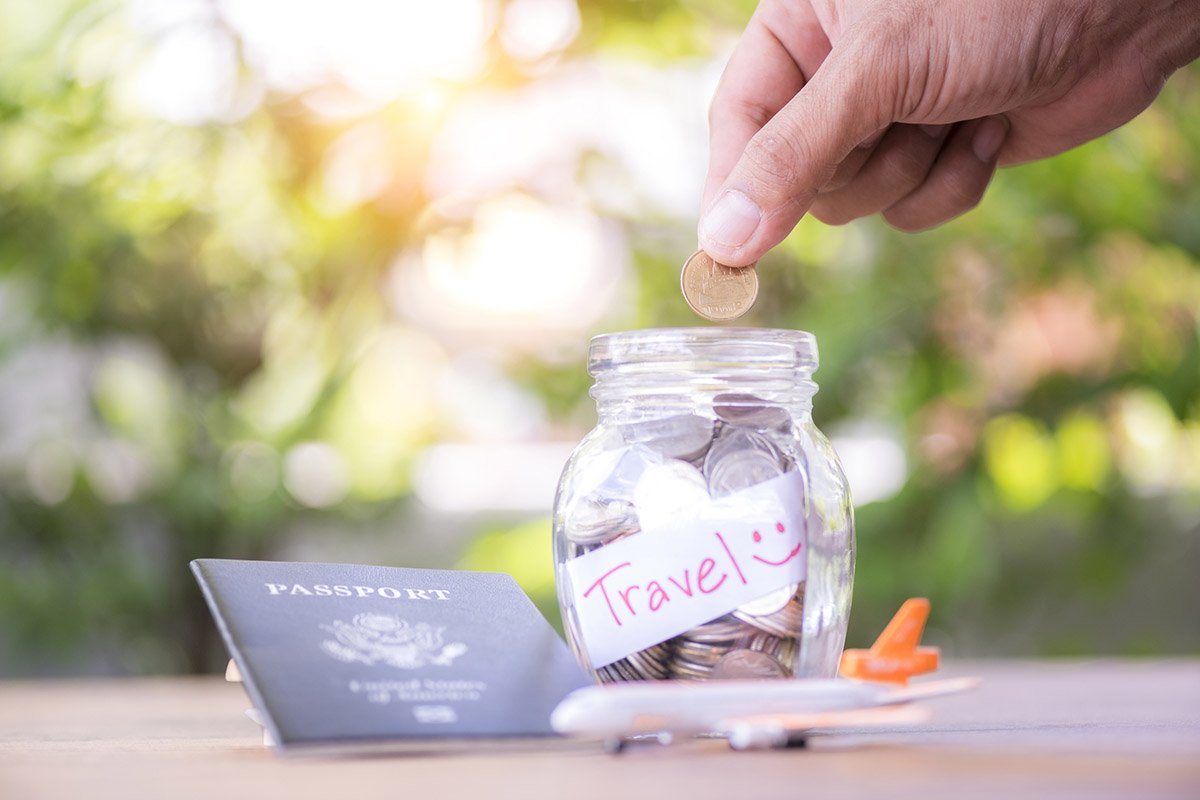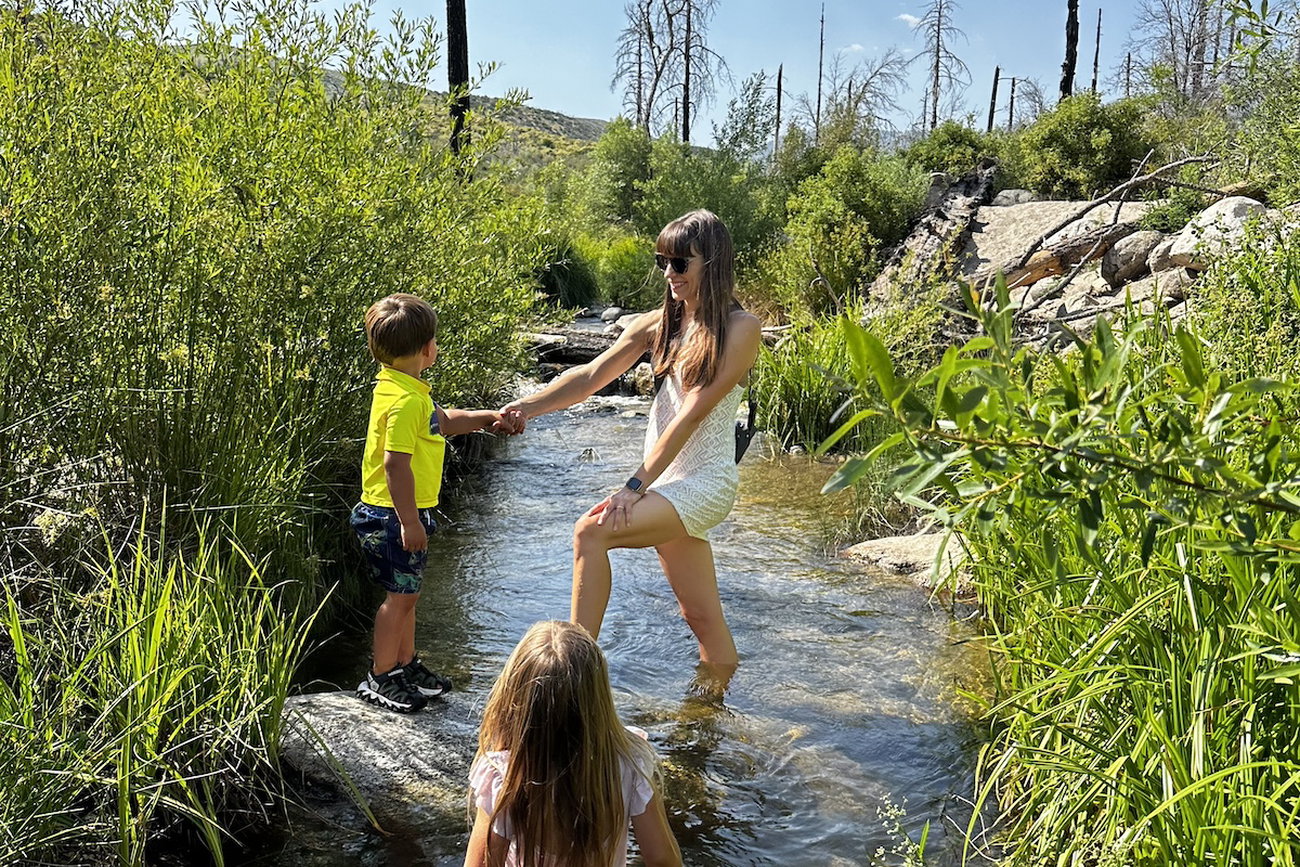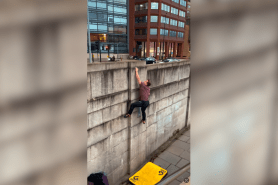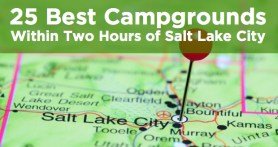

It’s easier than ever to book adventure tours. You can find package trips, group tours, and custom, just-for-you adventures to fit a wide range of budgets, from just-the-basics to super-luxurious upgrades. But your money—and your vacation time—is precious. So how do you know you’re choosing the right tour before you make your final decision?
For starters, your experience will vary significantly based on the type of trip you book. If you’re looking for trips on a tour operator search engine like TourRadar or a network like 10 Adventures, which features locally operated tours all over the world, you can filter for interests and travel types.
For example, you could choose a guided or partially guided group tour or a self-guided trip, where someone will organize everything for you, but you’ll be on your own during the trip. Your budget will also likely impact the size of the group you travel with. More budget-friendly trips often have larger group sizes, so if you want a quieter tour, you’ll likely have to pay more.
Here are a few other things you’ll want to know—and ask about—before you make your final choice.
1. Know what kind of travel style you want
If you like to have someone else lead the way when you travel, group travel or a private guided tour might be for you. If you like being on your own and going at your own pace, self-guided travel might be the hybrid you’re looking for. It offers massive relief from planning and decision-making, while still giving you tons of freedom to go at your own pace.
I recently did a town-to-town trek organized by InnTravel, hiking between ancient castles and beautiful, historic market towns on the Northumberland coast of northeast England. InnTravel booked the hotels and some meals for me, organized a luggage transfer so I wouldn’t have to hike with all my stuff, and provided an excellent, turn-by-turn walking guide that was packed with history and recommendations for what to see (and eat) in each town.
I loved the balance of having someone else manage my bookings, transfers, and luggage while still being able to explore at my leisure. On my last day, I spontaneously opted to take a boat tour instead of hiking the route I’d originally planned, and I had an incredible day of seeing puffins, dolphins, and seals. If I’d been on a guided trip, I likely wouldn’t have been able to break away and make that sort of change.
Many companies offer both guided and self-guided options, so make sure you understand which type of tour you’ve chosen before you finalize your booking.
2. Understand what’s included—and budget for what’s not

While some travel operators may include some or all of your meals, you’ll often find that trips include breakfast only. This can be great on a group tour, because it allows you the opportunity to break off, wander at your own pace, have some alone time, and eat exactly what you want to eat. However, it also means your total budget for the trip has to include meals on top of your tour cost.
If you’re sticking to a super-tight budget and staying in some remote areas where there aren’t many restaurant options, you may want to research dining in advance of the trip so you aren’t forced into a more expensive meal than you want. You should also make sure you understand which activities are included in the tour and which cost extra. Some of these may require advanced booking and payment, while others may be easier to decide on the day.
3. Know your limits and choose a trip that’s well-suited for your abilities
If you’ve never worn hiking boots before, taking a guided trek to the summit of Mount Kilimanjaro might not be the best fit for you. Active adventure trips often have a rating to let potential customers know how physically demanding they are and what kind of accessibility accommodations can be made.
If you’re not sure if you’re ready for a trip, just give the company a call and ask them. Tell them about your experience level and ask what kind of training you should do to prepare. Most of the time, these companies are very happy to chat with you and suggest trips that might be perfect for your skills, interests, and travel goals.
4. Go with a company that specializes in your interests

You want your trip to be planned by people who also love doing the things they’re suggesting you do. Take some time to poke around the sites for the companies you’re considering and see what their story is and who their guides are. Sometimes, the connection is obvious. Wilderness Scotland, for example, excels at planning backcountry adventures in Scotland, both guided and self-guided. They’re also hyper-focused on running those trips sustainably, so that there are certain trips where your carbon emissions are likely lower than they would be if you just spent a normal day at home.
REI Adventures also plans epic trips around North America to give you a reason to put your REI Garage Sale wins to good use. Some smaller outdoor gear shops around the United States have connections with guides and outfitters or run their own trips as well, so you can also ask locally for recommendations.
5. Understand who else is traveling with you
You may not be bothered by who else is on your trip, but if it’s important to you to travel in a group with people your age, pay close attention to this while booking. Some tour operators, like G Adventures, run certain trips for people aged 18 to 30s.
If your dream trip isn’t age-restricted but offers multiple departures and your dates are flexible, you could also call the company and ask if they can recommend a specific departure date that already has other people your age booked on it. This may or may not be information they’re able or willing to share, but it’s worth telling them your concerns so they can potentially help.
6. Be prepared for the ‘single supplement’

If you’re traveling by yourself, heads up—you’ll probably have to pay more than the advertised per-person rate. It’s a bummer, but it’s business. Tour companies make less money when they put one person in a room that could fit two paying customers, so you often have to make up the difference by paying an additional fee, which is usually called a “single supplement.”
Some companies specialize in travel for single or solo travelers, like Flash Pack, which is geared toward solo travelers in their 30s and 40s who want to make friends. They’ll match you with a roommate so you won’t have to pay extra for traveling alone.
7. Don’t be afraid to ask for customizations
If you’re booking a trip just for yourself or a small group, there’s probably more flexibility with the itinerary than you think. If you’re booking a self-guided tour, for example, you can absolutely ask for an extra day here or there or for the company to arrange for a taxi to meet you at the train station so you don’t have to sort that out when you arrive.
Customizations will usually cost extra, but if your budget has some flexibility, you may find it’s worth it to have an expert handle those extra details for you.
What tips for booking adventures would you add to our list?









